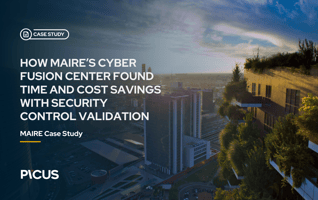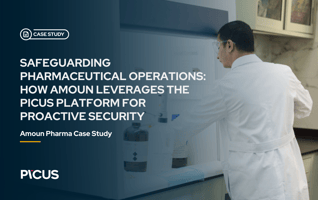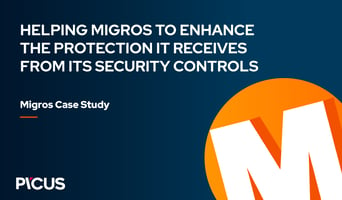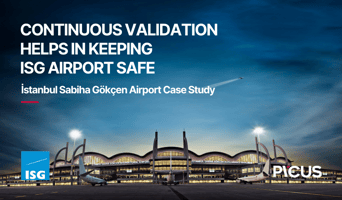Turkish Airlines Boosts Cyber Resilience with Security Validation Platform
Turkish Airlines sought a solution to help more reliably measure its cyber resilience and maintain a proactive approach to security. By leveraging The Picus Complete Security Control Validation Platform to quantify and enhance the effectiveness of threat prevention and detection controls, the organization’s SOC team is now able to more swiftly identify coverage gaps and work with other internal stakeholders to address them.
Turkish Airlines: A Global Aviation Leader with a Commitment to Innovation and Security
Founded in 1933, Turkish Airlines has grown to be one of the world’s largest airlines. It is strategically headquartered at the center of the world. The flagship carrier of Turkey has been a prestigious Star Alliance member since 2008 and currently employs over 30,000 people, flying to far more international destinations than any other carrier on earth – over 120 different countries. After years of massive capital investment – including information technology and security – Turkish Airlines is the proud recipient of many industry awards and accolades.
Engin Karagülmez
Information Security Manager, Turkish Airlines (THY)
By using Picus, SOC professionals are more aware of infrastructure management and conversely, SecOps become more involved in cyber defense activities."
Continuous Validation Helps the Security Team Stay Alert Against Simmering Threats
Turkish Airlines employs about 2,000 IT workers in total and relies on many third party employees and external consultants, besides collaborating with other service providers. Their infrastructure includes thousands of servers running different operating systems. Almost every existing security technology will be used by Turkish Airlines – from IPS, firewalls, proxy, web proxy, WAF, SIEM, threat intelligence services, vulnerability scanning and dynamic application security products. Innovation being at the heart of their security ethos, the leading flight operator has embraced SOAR since its early days. Measuring security efficacy and skimming off underutilization affecting such an estate is a capital challenge. An innovative operator with a pressing need to protect its key infrastructure needs help in identifying gaps, besides making sure its security tools operate at maximum speed and efficiency. “Turkish Airlines's perspective is to provide maximum efficiency. On this point, Picus provides us with a lot of visibility,” says Engin Karagülmez, Information Security Manager, stressing out how continuous validation helps the security team stay alert against simmering threats.
Picus Helps Build New Capabilities
Almost half of Turkish Airlines’s personnel are ubiquitous, hyper-mobile flight teams belonging to a 30 thousand-strong endpoint user base. Taking into account its more than a dozen subsidiaries, the number of endpoints increases to 60 thousand. Such a large organization relies on a broad and diverse team of more than two dozen security minds split into various teams including Governance, Assurance and Compliance as well as SOC, Vulnerability Management, Red Team and Application Testing. Add to this an industrious operations team on the infrastructure side whose remit extends to Firewalls, IPS, IDS, Identity and Access Management solutions and WAF – a more than substantial infrastructure.
|
Enhanced Visibility for and Empowered |
|
An Instrument of Proactive Security |
|
Improving Cross-team Collaboration |
.png?width=319&height=198&name=Case%20Study-Images-400x248px%20(4).png)









